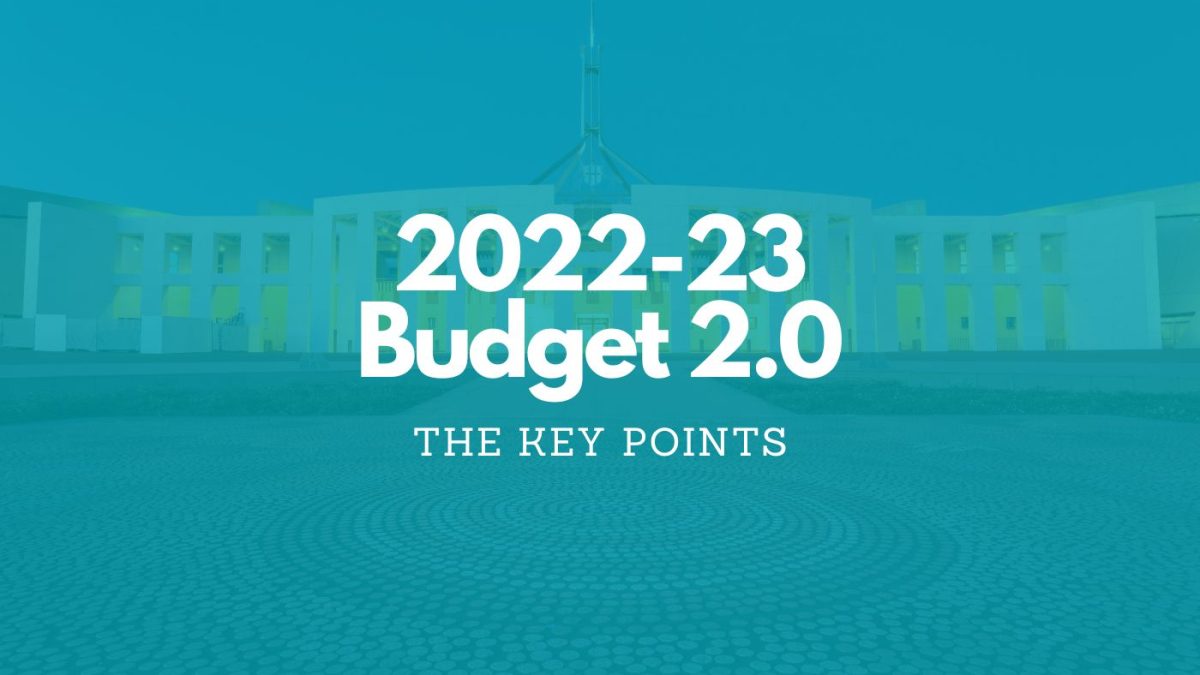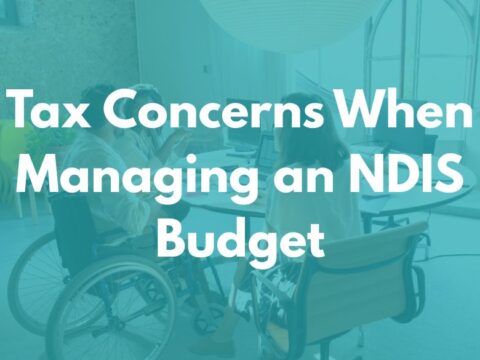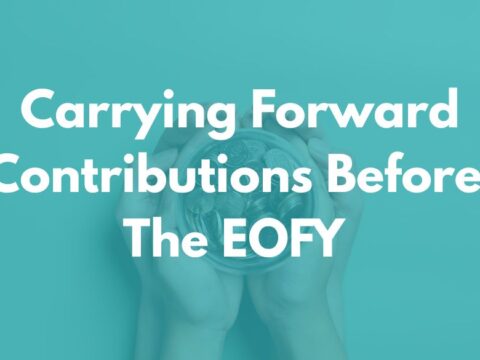Shuffling the decks: 2022-23 Budget 2.0
There is nothing in this Budget that would create a UK style crisis. The stage 3 tax cuts legislated to commence on 1 July 2024 are not mentioned, and most funding initiatives appear to be a reallocation of previous Government initiatives. And the commodity-driven $54.4 billion improvement in tax receipts has largely been banked, not spent.
With seven months before the 2023-24 Budget released in May 2023, this Budget is a shuffling of the deck, not a new set of cards. And to continue the pun, we need to play the hand we have been dealt, buffeted by externalities – war, floods, and global uncertainty.
Cost of living pressures will continue. While some initiatives such as the increase to child care subsidies will help, the Budget flags some fairly bracing economic expectations:
- Inflation is expected to peak at 7.75% in the December quarter and will persist at higher rates for longer than expected before easing to 3.5% by June 2024
- Real GDP is forecast to grow to 3.25% in 2022-23 then retract to 1.5% in 2023-24
- Electricity prices are expected to increase nationally by an average of 20% in late 2022, with retail electricity prices expected to rise by a further 30% in 2023-24
- The deficit sits at $36.9bn, while this is better than originally estimated, the deficit expands to $49.5bn by 2025-26
Tight labour market conditions are expected to see annual wage growth pick up to 3.75% by June 2023. Even so, high inflation is expected to see real wages fall over 2022-23 before rising slightly over 2023-24. That is, your wages might increase but the gains will be eaten away by the increasing cost of living.
The ATO gets an extra $80m to extend its personal income tax compliance program, with $674m anticipated in increased receipts and over $80m in increased payments as a result. Tax deductions will be looked at closely.
As expected, multinationals are a target. New measures will limit opportunities to shift taxable profits offshore. And, the ATO’s Tax Avoidance Taskforce is expected to deliver a whopping $2.8bn in additional tax receipts and $1.1bn in payments over the 4 year period.
Of the many aspects to consider, here are some of the key initiatives we think will most affect the Allworths community. Please contact us if we can help you evaluate possible impacts on your business and personal financial position.
Notes for businesses
Announced in the 2021-22 Budget and due to commence on 1 July 2023, the measure enabling taxpayers to self-assess the effective life of certain intangible assets, rather than being required to use the effective life currently prescribed by statute, has been removed. The measure was to apply to assets acquired from 1 July 2023 including patents, registered designs, copyrights and in-house software.
From the 2022-23 year, the penalties for a corporation breaching competition and consumer laws will increase sharply from a maximum of $10m to a maximum of $50m per breach, and from 10% of annual turnover to 30% of turnover (whichever is greater) during the period the breach took place.
The Government will provide $62.6m over 3 years from 2022-23 to help small and medium business fund energy efficient equipment upgrades. The funding will support studies, planning, equipment and facility upgrade projects that will improve energy efficiency, reduce emissions or improve the management of power demand. No details of the grants are currently available.
The thin capitalisation rules, which can potentially limit the amount that can be claimed for debt deductions such as interest, will be amended. The Government will replace the current safe harbour and worldwide gearing tests with earnings-based tests to limit debt deductions in line with an entity’s profits.
Notes for investors & super funds
As previously announced, the Government will reduce the age an individual can make a ‘downsizer’ contribution to superannuation from the current 60 years to 55 years of age. Currently, eligible individuals aged 60 years or older can choose to make a ‘downsizer contribution’ into their superannuation of up to $300,000 per person ($600,000 per couple) from the proceeds of selling their home.
Back in the 2018-19 Budget the Government announced that SMSFs with a history of good record-keeping and compliance – that is, three consecutive years of clear audit reports and annual returns lodged on time, will only be required to have their fund audited every three years. The Government has now officially announced that this measure will not be proceeding.
As previously flagged, the Government will legislate to clarify that digital currencies such as Bitcoin will continue to be excluded from the Australian income tax treatment of foreign currency. The exclusion does not apply to digital currencies issued by, or under the authority of, a government agency, which continue to be taxed as foreign currency.
Notes for families
As previously announced, the maximum Child Care Subsidy (CCS) rate will increase from 85% to 90% for families earning less than $80,000. Subsidy rates will then taper down one percentage point for each additional $5,000 in income until it reaches zero per cent for families earning $530,000. The current higher CCS rates for families with multiple children aged 5 or under in child care will be maintained, with higher CCS rates to cease 26 weeks after the older child’s last session of care, or when the child turns 6 years old.
As previously announced, from 1 July 2023 the Government will introduce reforms to make the Paid Parental Leave Scheme flexible for families so that either parent is able to claim the payment and both birth parents and non-birth parents are allowed to receive the payment if they meet the eligibility criteria. Parents will also be able to claim weeks of the payment concurrently so they can take leave at the same time. Eligibility will also be expanded with the introduction of a $350,000 family income test, which families can be assessed under if they do not meet the individual income test.
Age and veterans pensioners will be able to work and earn more before their pension is reduced. The Government is providing a one-off $4,000 credit to their Work Bonus income bank. The temporary income bank top-up will increase the amount pensioners can earn in 2022–23 from $7,800 to $11,800, before their pension is reduced, supporting pensioners who want to work or work more hours to do so without losing their pension.
As previously announced, $2.5bn will be provided over 4 years to improve the quality of aged care in residential aged care facilities by requiring all facilities to have a registered nurse onsite 24 hours per day, 7 days a week from 1 July 2023 and increasing care minutes to 215 minutes per resident per day from 1 October 2024.
If we can assist you to take advantage of any of the Budget measures, or to risk protect your position, please let us know.
As always, we’re here if you need us!
IMPORTANT NOTICE
This blog post contains general information only and has been provided by Allworths without reference to your objectives, financial situation or needs. Allworths cannot guarantee the accuracy, completeness or timeliness of the information contained here. By making this information available to you, we are not providing professional advice or recommendations. Before acting on any of the information contained here, you should seek professional advice.




